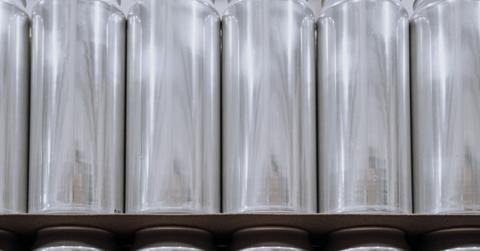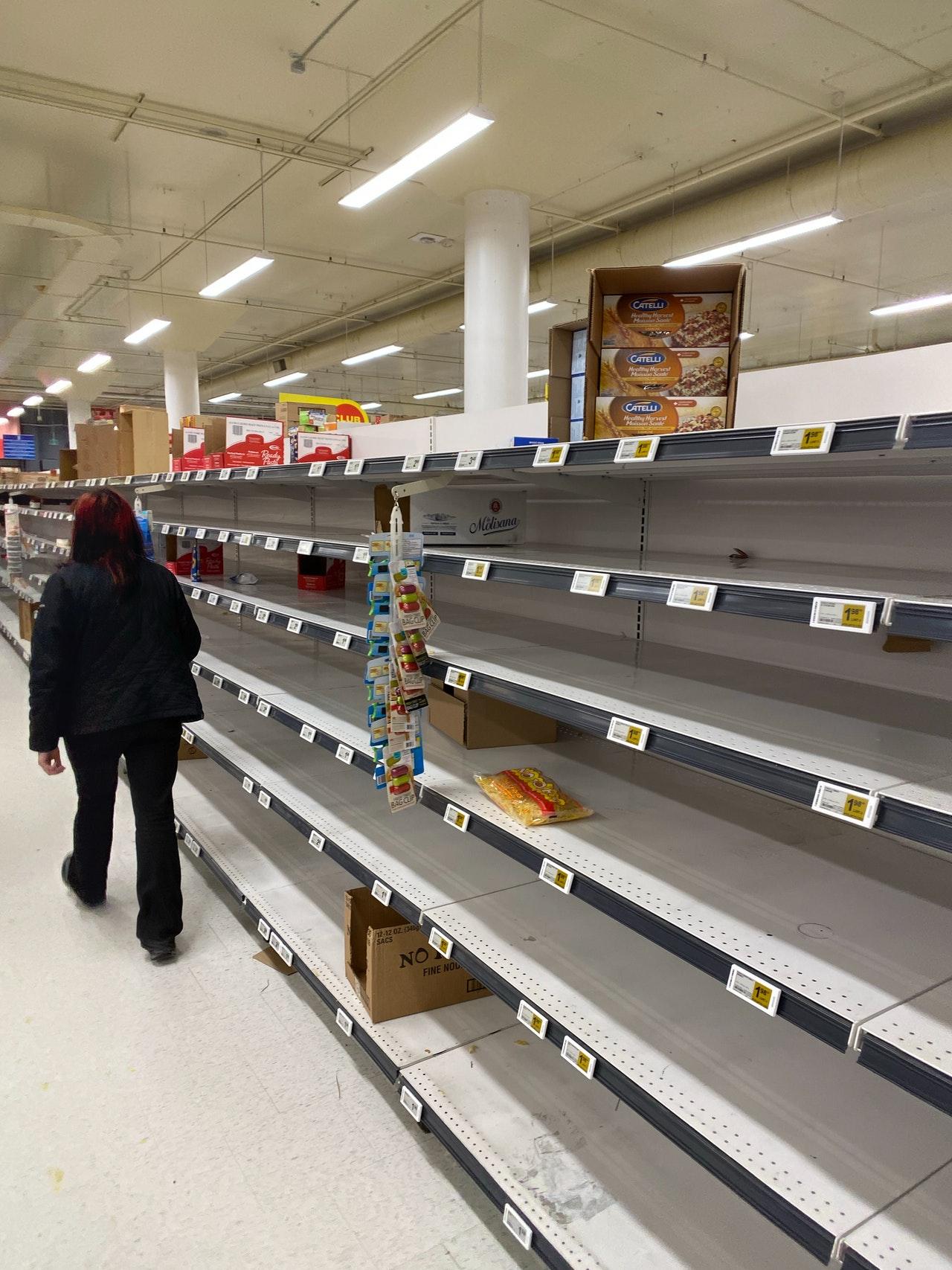The Aluminum Shortage and Its Far-Reaching Consequences
Aluminum is in short supply, and the effects of that shortage are being felt around the world.
April 6 2022, Published 8:02 a.m. ET

Aluminum has been in short supply for a long time now, and the shortage is affecting the availability of other products. What are the aluminum shortage's effects?
The two key factors that determine the availability of a product are demand and supply. For aluminum, demand keeps rising and supply can't keep up.
The demand for aluminum is skyrocketing
Whereas the COVID-19 pandemic depressed demand for many items, including aluminum, demand soon rebounded quickly. And even before the pandemic, aluminum demand was high, exacerbated by the growing popularity of hard seltzer drinks.

With the shipping crisis brought on by the pandemic, companies switched from glass bottles to aluminum cans due to the ease of packaging and lower costs, and consumers started dining and drinking more at home. As a result, aluminum prices breached their 13-year high in 2021, and have continued to rise.
The aluminum supply crunch has persisted
Supply isn't keeping up with demand for multiple reasons. According to Seckin Ozkul, assistant professor of supply chain management at the University of South Florida, China’s pollution crackdown has been weighing on aluminum production, resulting in a decrease in the “production by approximately 10–20 percent worldwide.” Raw materials costs for aluminum are also rising, and rising transport costs are complicating matters.
Furthermore, as Russia accounts for about six percent of the world’s aluminum production, the country's conflict with Ukraine has impacted supply chains globally.

The aluminum shortage's effects are far-reaching
For some industries, the problems are just beginning. Aluminum is extensively used in packaging, and its shortage has left companies scrambling for alternatives. Canned food companies have been hit especially hard, resulting in shortages of canned cat food, water chestnuts, meat, and other foods. Furthermore, the shortage has driven suppliers to focus more on supplying large companies such as Coca-Cola and Pepsi at the expense of smaller companies.
Hospitals have also reported difficulties acquiring canes, crutches, and walkers due to the aluminum supply crunch.
